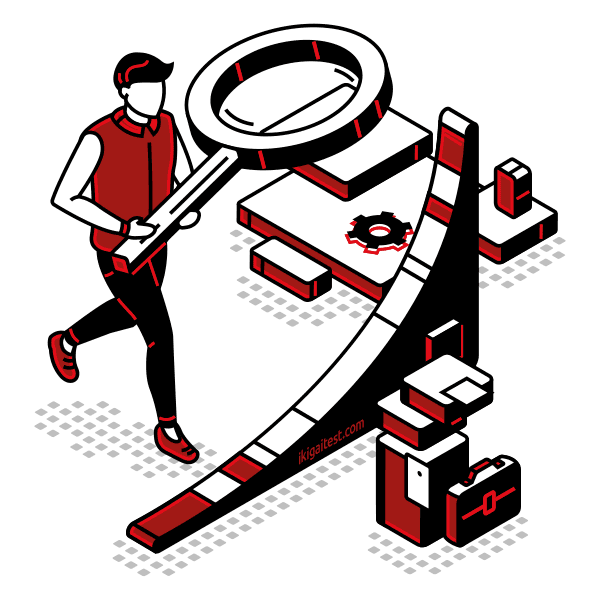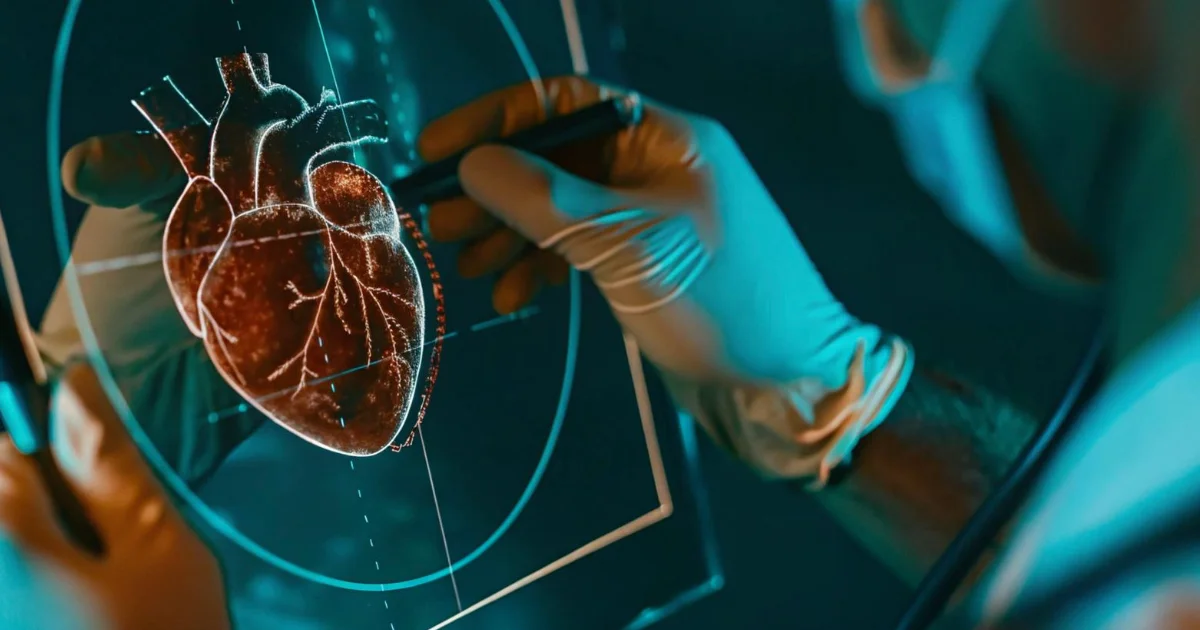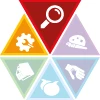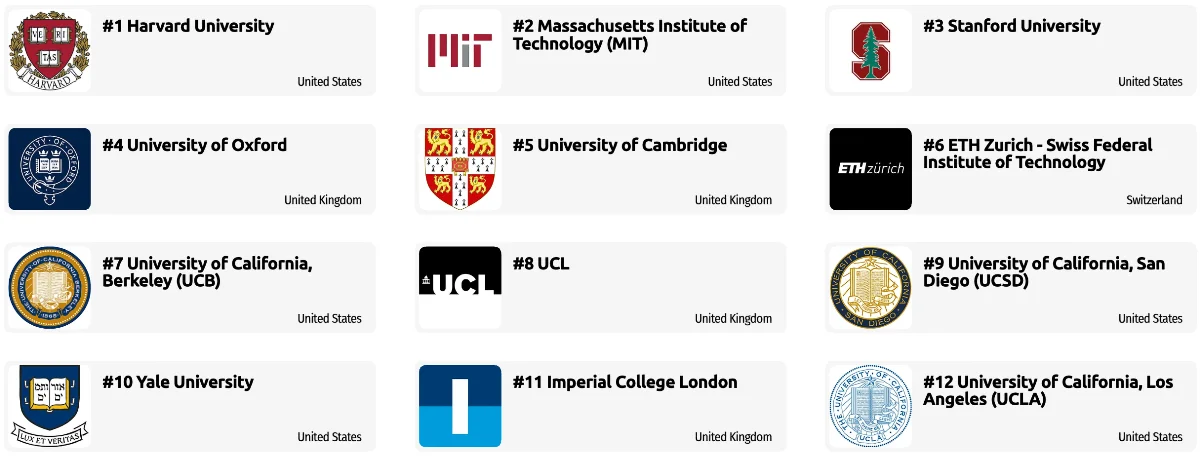Strategist

Most strategists should excel at:
- Establishing long-range objectives and specifying the strategies and actions to achieve them.
- Analyzing information and evaluating results to choose the best solution and solve problems.
- Developing specific goals and plans to prioritize, organize, and accomplish your work.
- Scheduling events, programs, and activities, as well as the work of others.
Inspector

Inspectors should be great at:
- Estimating sizes, distances, and quantities; or determining time, costs, resources, or materials needed to perform a work activity.
- Observing, receiving, and otherwise obtaining information from all relevant sources.
- Identifying information by categorizing, estimating, recognizing differences or similarities, and detecting changes in circumstances or events.
- Inspecting equipment, structures, or materials to identify the cause of errors or other problems or defects.
Other work activities related to Biomedical engineers
- Installing, adjusting, maintaining, repairing, or providing technical assistance for biomedical equipment.
- Keeping documentation of service histories on all biomedical equipment.
- Conducting training or in services to educate clinicians and other personnel on proper using of equipment.
- Writing documents describing protocols, policies, standards for using, maintenance, and repairing of medical equipment.
- Managing teams of engineers by creating schedules, tracking inventory, creating and using budgets, and overseeing contract obligations and deadlines.
- Evaluating the safety, efficiency, and effectiveness of biomedical equipment.
- Advising hospital administrators on the planning, acquisition, and using of medical equipment.
- Advising and assisting in the application of instrumentation in clinical environments.
- Researching new materials to be used for products, such as implanted artificial organs.
- Developing models or computer simulations of human biobehavioral systems for obtaining data for measuring or controlling life processes.







